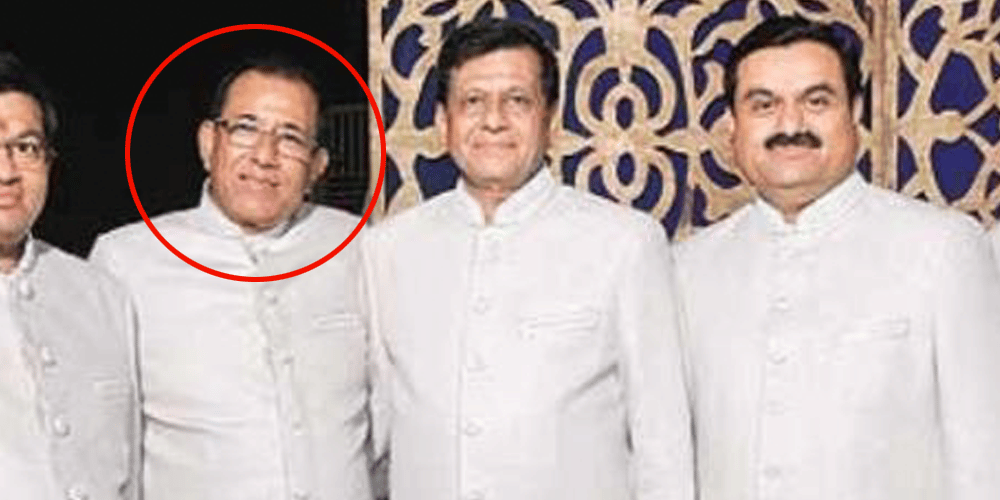
In a television interview with Yang Lan, a Chinese personality, Prime Minister Lee Hsien Loong explained that the high salaries of Singapore ministers were about getting “the right people for the right jobs.”
Mr Lee, who is in Beijing to attend the 22nd Asia-Pacific Economic Co-operation (APEC) summit, was asked by Ms Yang Lan in an interview for Beijing Satellite TV if he thought having a “clean government… was that simple” – that “very often people attribute [Singapore’s] success to high salaries for office-holders.”
“In principle, we are not talking about high salaries, what we want are realistic and correct salaries,” Mr Lee said. “We want talent, we want morally upright people, and we want the right people for the right jobs. The most important job must be done by the most capable, the most trustworthy person. If we want the services of such capable and trustworthy people, then we must treat them fairly and equally. We must have a practical system – a realistic salary.”
Mr Lee added that with the high salaries comes “requirements” which are “strict”.
“Legally, you absolutely cannot do anything you are not supposed to do,” he said, “and if that happens, you will be punished under the law, and the punishment will be severe. So this is not just a question of salaries, it is also a matter of the system, an issue of transparency, and our whole culture.”
Singapore’s ministers’ salary have always been a lightning rod which attracted intense public anger since it was benchmarked to top earners in the private sector.
Prior to the general election of 2011, Mr Lee’s own salary was S$3.76 million, the highest in the world for a public official.
His ministers were similarly highly paid, in the region of millions of dollars each year.
The issue came to a head in the 2011 general election, with opposition parties and voters castigating Lee’s government for being greedy and being out of touch with the everyday reality of the average Singaporean who was struggling with daily living.
Added to this were various government policy failures, including a declining birth rate, an increasing foreigner population, skyrocketing housing prices, depressed wages, constant flooding around Singapore, rising healthcare costs, and a public transport system which broke down regularly.
Many thus questioned if it was right for the government to pay its ministers the highest salaries in the world.
Lee’s ruling People’s Action Party, which has run the government since independence, saw its vote share dived a further 6.6 per cent, and the PAP losing a group representation constituency for the first time.
Almost immediately after the election, Mr Lee announced that the government would review ministers’ salaries. Two weeks later, he appointed an eight-member committee led by the then National Kidney Foundation chairman Gerald Ee, to oversee the review.
In January 2012, the committee released its recommended salary scales for office holders.
Lee’s salary was slashed from S$3.76 million to the current S$2.2 million.
It nonetheless still made him the highest-paid head of government in the world.
The current salary scale is as follows:

In October last year, former head of the Civil Service, Ngiam Tong Dow, criticised paying ministers millions of dollars.
“I don’t know whether Lee Kuan Yew will agree but it started going downhill when we started to raise ministers’ salaries, not even pegging them to the national salary but aligning them with the top ten [in the private sector]”, he said.
“When you raise ministers’ salaries to the point that they’re earning millions of dollar(s), every minister — no matter how much he wants to turn up and tell (PM Lee) Hsien Loong off or whatever — will hesitate when he thinks of his million-dollar salary,” he continued. “When the salary is so high, which minister dares to leave, unless they decide to become the opposition party? As a result, the entire political arena has become a civil service, and I don’t see anyone speaking up anymore.”
After the government rebutted his assertions, Mr Ngiam later withdrew his remarks.
Subscribe
Login
96 Comments
Newest





